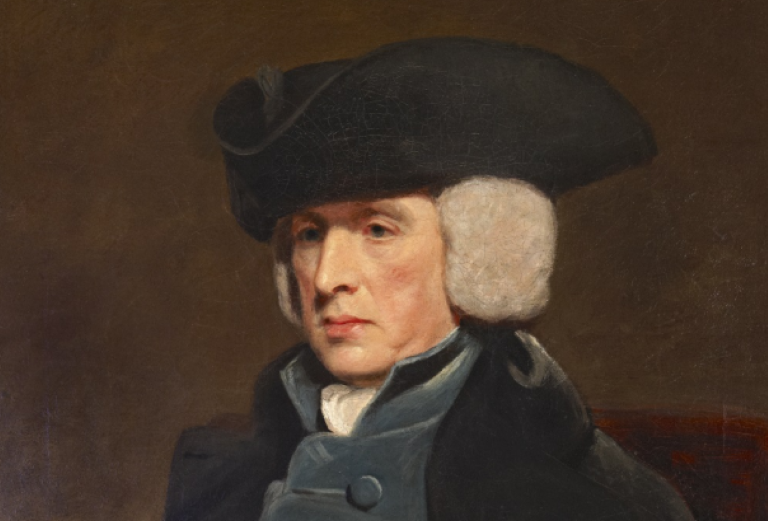The Bishop of London, colonialism and the transatlantic slave trade
Fulham Palace is home to history that never stands still and we are still discovering aspects of the long history.

Fulham Palace is committed to addressing the issues of power, racism and inequality in the history we tell in our museum, and to be alert to any cultural bias that might exist within our organisation.
We have partnered with the Parents Action and Resource Centre (PARC) based in Ealing on a project to examine the stories that are told in our museum. PARC is an independent community organisation that works to address the inequalities that currently exist in the education system. Amongst other initiatives, PARC operates the Queen Nzinga Saturday club for children aged 7 to 13.
On 19 April 2022, PARC directors visited the Fulham Palace museum. Together, PARC and the Palace, along with Dr Cassandra Gooptar (who has conducted extensive research for a number of organisations into historical individuals and institutions associated with the transatlantic slave trade) met to discuss the museums’ displays. The content of our exhibition was then discussed with the children and families at PARC’s Saturday club.
Thanks to the teamwork and insight provided, changes were made to the museum display in order to include further information about the role of the Bishop of London as the “colonial diocesan”, and the exploitative nature of plant collecting in North America and the Caribbean.
In addition to this project, Fulham Palace Trust is working with five organisations including PARC to develop a temporary exhibition. The organisations will be working with Adisa, a spoken word poet, finding inspiration from stories of physical and spiritual resistance in the Caribbean and North America during the height of the transatlantic slave trade, which ultimately led to the ending of the slave trade and slavery itself in the British Empire. Creative responses from the workshops will be shared with the wider local community and with the museums and heritage sector – through a film, an exhibition, and a series of events and talks at Fulham Palace and online.